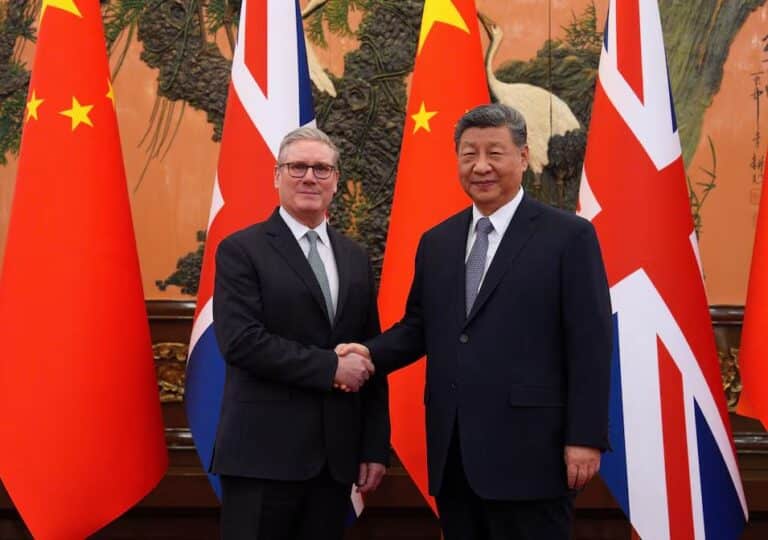
Economic slowdowns, mounting debts, and rising costs post-pandemic have propelled a global shift in governance strategies. Increasingly, nations are turning to business principles to revitalize their economies and streamline public administration.
For decades, the prevailing notion in global politics has been that governments should limit their involvement in business. Influential leaders like Ronald Reagan, Margaret Thatcher, Deng Xiaoping, and Manmohan Singh championed privatization as a means to foster innovation, entrepreneurship, and efficiency. Their policies successfully transformed economies, improved infrastructure, and lifted millions out of poverty.
However, the pendulum appears to be swinging the other way. Today, the integration of business methodologies into government operations is gaining traction, sparking debates about its implications for governance.
The COVID-19 pandemic amplified fiscal challenges, leaving countries grappling with widened deficits and stagnating growth. Leaders in major economies are now leveraging business instincts to address these challenges. The recent return of Donald Trump to the U.S. presidency exemplifies this trend.
Trump’s campaign heavily emphasized his business background. Declaring government waste as a pressing issue, he proposed a radical plan: the establishment of a Department of Government Efficiency. Headed by entrepreneurial giants Elon Musk and Vivek Ramaswamy, this department aims to cut $2 trillion in federal spending.
This governance model is not confined to the United States. In the United Kingdom, former Prime Minister Rishi Sunak, with his roots in investment banking, adopted a pragmatic approach to public expenditure. His policies reshaped Britain’s fiscal landscape, including a contentious overhaul of the National Health Service.
Similarly, Canada’s Pierre Poilievre has gained popularity with his pro-business policies. Advocating for reduced government spending and greater economic autonomy for citizens, he echoes the sentiment that private capital yields more productive outcomes than state-controlled investments.
The appeal of business-oriented governance lies in its potential for cost-efficiency, innovation, and result-driven policies. However, critics argue that the business-first approach may compromise social welfare priorities, exacerbate inequality, and prioritize profit over people.
As this trend unfolds, governments must strike a balance between leveraging business efficiencies and upholding public service values. Transparency, accountability, and inclusivity remain critical to ensuring that economic recovery does not come at the expense of societal well-being.
Whether this business-driven governance model becomes a permanent fixture or a temporary response to current challenges remains to be seen. What is clear, however, is that voters are increasingly placing their trust in leaders who promise results, regardless of their background in public service.
As more nations explore this model, it is essential to evaluate its long-term impact on governance structures, public trust, and economic resilience. A thoughtful approach that integrates the best of both worlds—public policy expertise and business acumen—might just be the key to sustainable growth.







